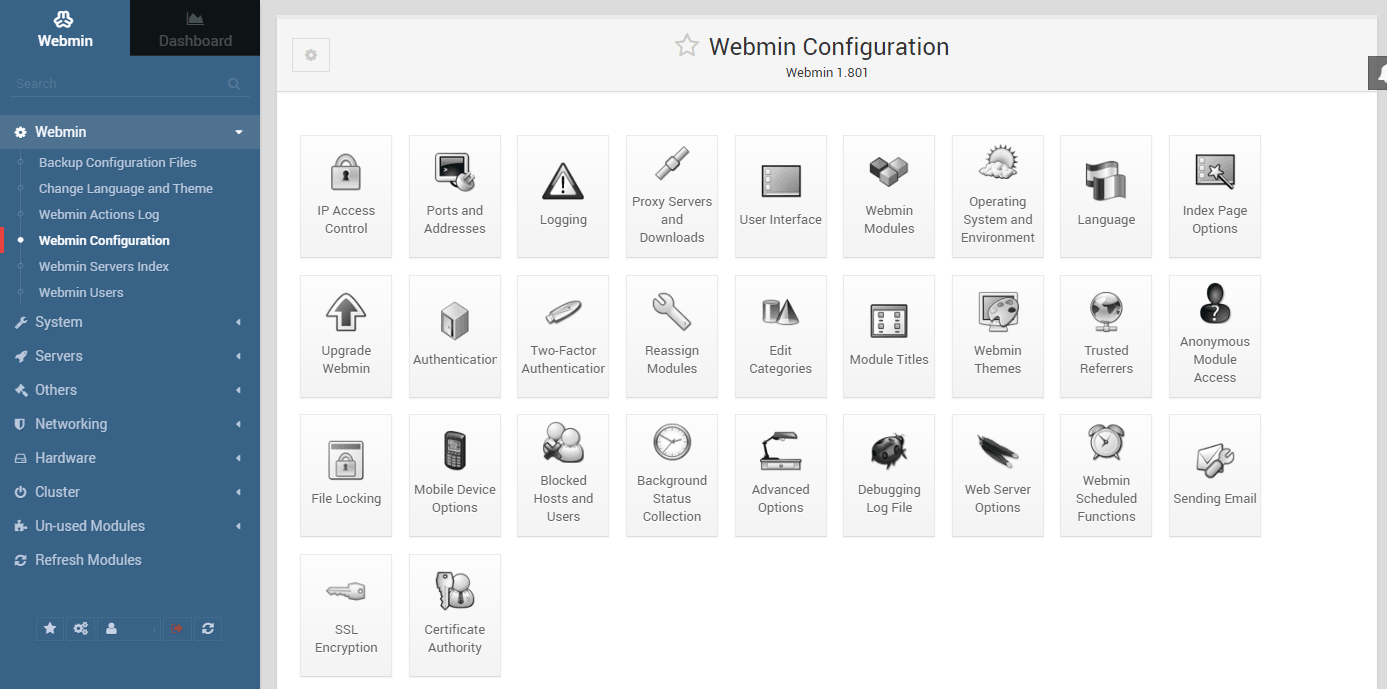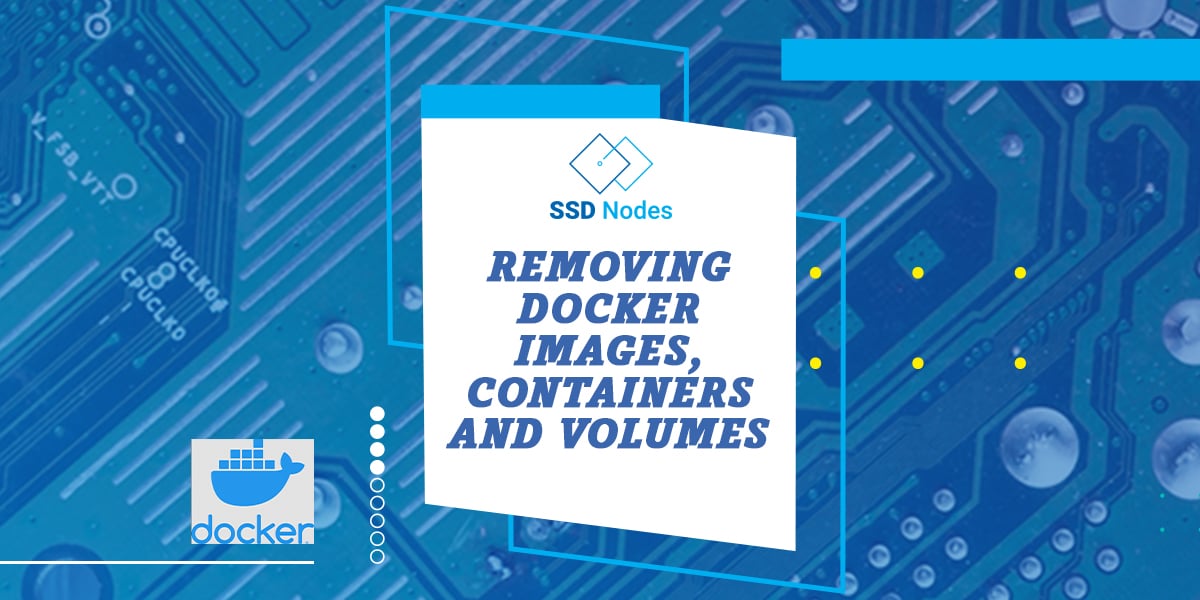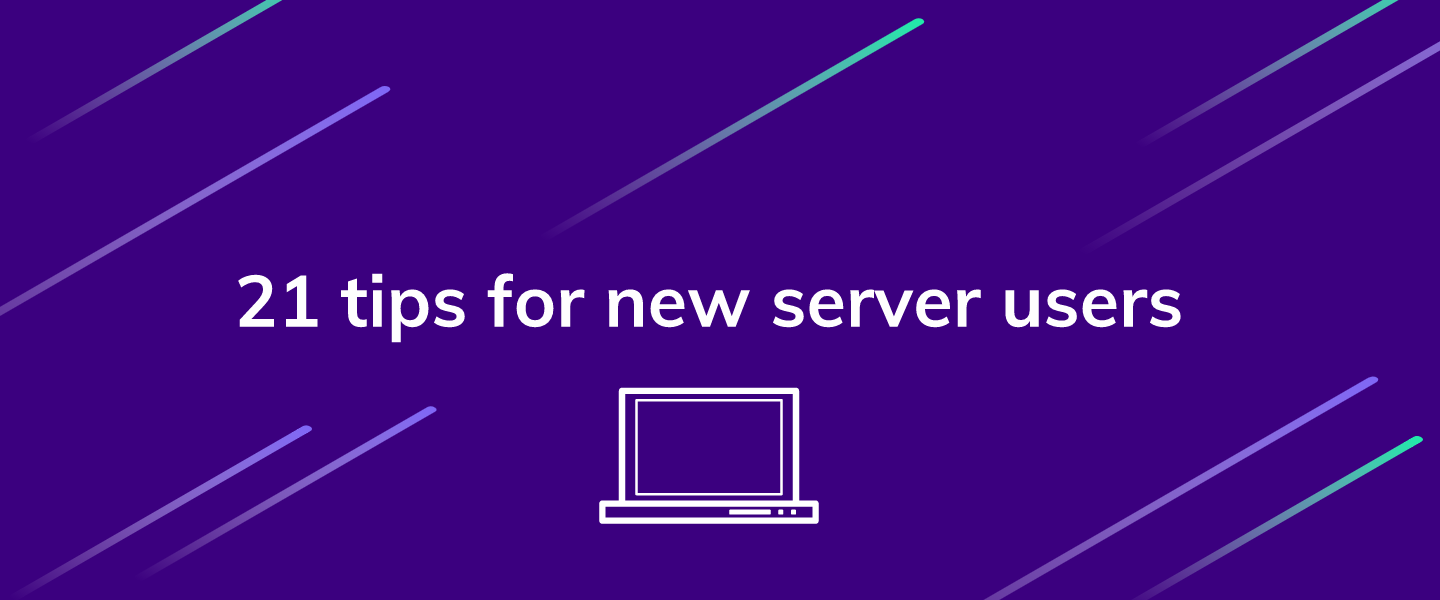Hosting isn't easy. There's a multitude of options to pick from, dozens upon dozens of different hosts, and it's impossible to know how much capacity you need—unless you know what you're doing or you're willing to wait and see what happens when you go live.
There's some really excellent guides out there to help flesh out what you might already know, but we thought it was about time that someone talked about some of the lesser-known complexities and difficulties.
 From cPanel to NewRelic, you can deck out even the cheapest of VPSs with a veritable stockpile of paid apps that will make your administration duties easier or more efficient.
Most of these paid options are great, but it's important to remember that there's always a free alternative—that's precisely why the FOSS community is such an invaluable asset. These FOSS alternatives might not be as feature-rich, or have quite the contemporary-looking GUI, but they can solve just about any problem, if you're willing to put in the work.
The idea that you have to pay anything beyond the cost of your VPS to get services running or keep tabs on its status is, quite frankly, ridiculous.
From cPanel to NewRelic, you can deck out even the cheapest of VPSs with a veritable stockpile of paid apps that will make your administration duties easier or more efficient.
Most of these paid options are great, but it's important to remember that there's always a free alternative—that's precisely why the FOSS community is such an invaluable asset. These FOSS alternatives might not be as feature-rich, or have quite the contemporary-looking GUI, but they can solve just about any problem, if you're willing to put in the work.
The idea that you have to pay anything beyond the cost of your VPS to get services running or keep tabs on its status is, quite frankly, ridiculous.
Just about anything can be done for free
 From cPanel to NewRelic, you can deck out even the cheapest of VPSs with a veritable stockpile of paid apps that will make your administration duties easier or more efficient.
Most of these paid options are great, but it's important to remember that there's always a free alternative—that's precisely why the FOSS community is such an invaluable asset. These FOSS alternatives might not be as feature-rich, or have quite the contemporary-looking GUI, but they can solve just about any problem, if you're willing to put in the work.
The idea that you have to pay anything beyond the cost of your VPS to get services running or keep tabs on its status is, quite frankly, ridiculous.
From cPanel to NewRelic, you can deck out even the cheapest of VPSs with a veritable stockpile of paid apps that will make your administration duties easier or more efficient.
Most of these paid options are great, but it's important to remember that there's always a free alternative—that's precisely why the FOSS community is such an invaluable asset. These FOSS alternatives might not be as feature-rich, or have quite the contemporary-looking GUI, but they can solve just about any problem, if you're willing to put in the work.
The idea that you have to pay anything beyond the cost of your VPS to get services running or keep tabs on its status is, quite frankly, ridiculous.
Triple-check that you have your domain locked in
Once you set your domain's DNS to point to your server and the DNS propagates through these systems, there's not much more for you to do. This means it's easy to forget about the status of your domains. Forgetting to renew them, for example, can lead to you losing control altogether. Even some big companies have forgotten about their domains in the past. If your domain expires, it you don't lose it straightaway. There is a 30-dayContinue reading this article
by subscribing to our newsletter.
Subscribe nowby subscribing to our newsletter.




